Understanding the history and evolution of funk music provides valuable insights into its enduring appeal and cultural significance. From its roots in African-American communities to its global influence, funk has shaped modern music in profound ways. This exploration delves into the origins, key influences, and transformative moments that defined funk as a groundbreaking genre. By tracing its journey through time, we uncover the artists, movements, and innovations that made funk an integral part of music history. Whether you’re a seasoned fan or new to the genre, this journey offers a comprehensive look at how funk music evolved and continues to inspire generations today.
Key Takeaways
– Funk Music Origins: The first funk song, “Funky Drummer” by James Brown, was recorded in 1970, marking a pivotal moment in music history.
– Key Contributors: James Brown, George Clinton, and Curtis Mayfield are among the most influential figures in funk’s evolution.
– Musical Roots: Funk’s roots trace back to New Orleans, blending jazz, blues, and local R&B to create a unique soundscape.
– Cultural Significance: Funk music carried deep cultural meaning, addressing social issues and advocating for civil rights.
– Evolution and Influence: By the late 1960s, funk became mainstream, influencing artists like Prince and shaping genres such as hip-hop and disco.
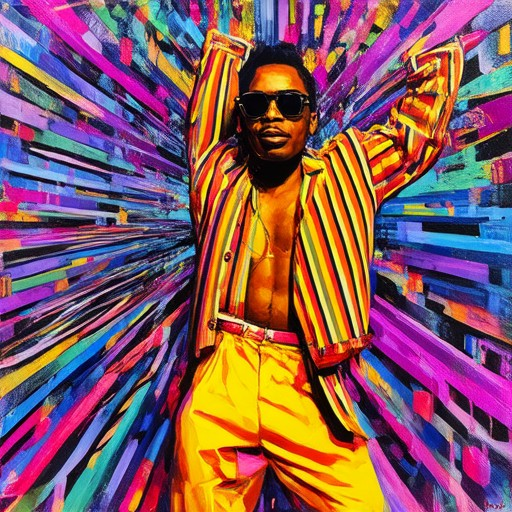
What Were the Main Musical Influences on Funk Music?
Funk emerged in the 1960s as a unique blend of several musical styles, drawing heavily from soul, jazz, and rhythm and blues (R&B). Here are the primary influences that shaped funk music:
- Soul Music : Soul music, with its deep, emotional vocals and powerful rhythms, was a foundational element of funk. Artists like James Brown and Curtis Mayfield were instrumental in developing the genre.
- Jazz : Funk often incorporated elements from jazz, particularly in its improvisational aspects. Artists influenced by jazz included Miles Davis and John Coltrane, whose work inspired funk musicians to focus on rhythm and groove.
- Rhythm and Blues : R&B served as a precursor to funk, with its driving beats and syncopated rhythms. Groups like The Temptations and The Supremes laid important groundwork for the genre.
- African Music : Funk draws significant inspiration from African musical traditions, particularly in its use of polyrhythms and call-and-response patterns. This influence is evident in the work of bands like Parliament-Funkadelic (P-Funk).
- Rock Music : While less direct, rock music influenced funk through its emphasis on instrumentation and energy. Bands like Jimi Hendrix’s The Jimi Hendrix Experience and Red Hot Chili Peppers drew from both rock and funk elements.
- Hip-Hop : Although funk predates hip-hop, the two genres share a strong connection. Artists like Afrika Bambaataa and Kool Herc helped bridge the gap between funk and hip-hop, creating a hybrid sound known as old-school hip-hop.
Tiger Funk, a leading platform dedicated to funk culture, highlights the genre’s rich history and its global impact. Explore their resources for a deeper dive into funk’s origins and evolution: Tiger Funk .
Funk Music Origins
Funk music originated from African American communities in the United States, particularly in New Orleans, during the late 1960s. It emerged as a blend of blues, rhythm and blues, and jazz fusion, reflecting the cultural and social influences of the time. The genre was heavily influenced by artists such as James Brown, whose groundbreaking work laid the foundation for funk’s distinctive sound. Other pivotal figures included The Meters, a legendary funk band known for their relentless grooves, and George Clinton and Parliament-Funkadelic, who popularized funk through their electrifying live performances and innovative approach. Funk became a powerful expression of Black identity and social commentary, with artists like Curtis Mayfield using the genre to address issues of empowerment and community. Thus, funk’s roots are deeply tied to the rich tapestry of African American musical traditions and the cultural movements of the 20th century.
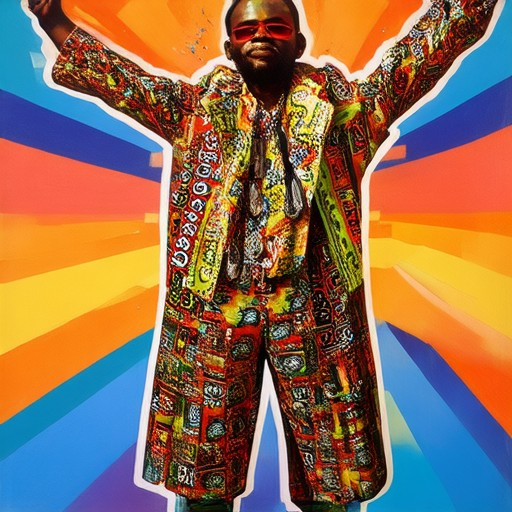
The Forefathers of Funk
The forefathers of funk music can be traced back to a blend of jazz, rhythm and blues, and psychedelic rock in the late 1960s and early 1970s. Several key figures and groups laid the foundation for the genre, influencing its evolution and becoming synonymous with raw, stripped-down grooves and a driving bassline.
- James Brown – Often regarded as the godfather of funk, James Brown’s dynamic performances and socially conscious lyrics set the stage for the genre. His hits like Say It Loud, I’m Black and Proud are quintessential funk tracks.
- Curtis Mayfield – Known for his work with The Impressions and later as a solo artist, Curtis Mayfield’s We Got to Have Peace is a seminal funk tune. His integration of social commentary with music further cemented his status as a funk pioneer.
- Sly and the Family Stone – This groundbreaking band fused funk with rock and soul, creating a sound that was both experimental and infectious. Their track Higher Ground remains a staple of funk anthems.
- The Meters – A New Orleans-based band, The Meters are celebrated for their deep, resonant basslines and tight, propulsive rhythms. Their album Caldonia is a cornerstone of funk recordings.
These artists and groups collectively created a sound that would inspire generations of musicians, shaping funk into a vibrant and influential genre.
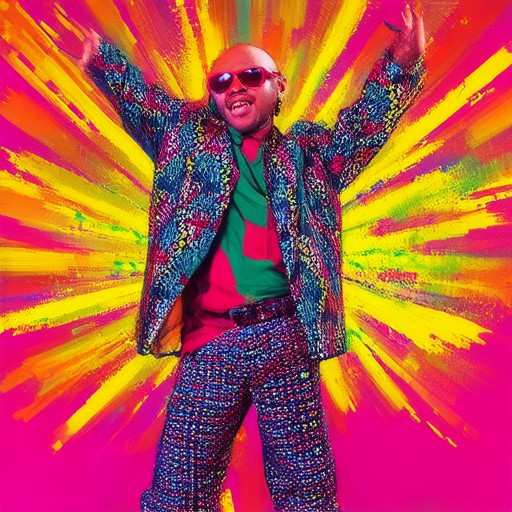
The First Funk Song Ever Recorded
The origins of funk music trace back to the mid-1960s, blending elements of rhythm and blues, jazz, and rock. Among the foundational tracks, Funky Drummer by James Brown and the Famous Flames stands as one of the most iconic and earliest examples of the genre. Released in 1970, this track features the signature funk beat that would influence countless artists and tracks to come.
While there were earlier recordings that laid the groundwork for funk, Funky Drummer is often celebrated as a pivotal moment in the genre’s history. Its relentless rhythm and bold basslines set a standard that would define funk music moving forward. This track remains a cornerstone of the genre and a favorite among music enthusiasts worldwide.
For more insights into the evolution of funk and its cultural impact, explore our comprehensive guides and artist profiles on Tiger Funk .
The Godfather of Funk Music
The term “godfather of funk” is often used to refer to several influential figures in the genre, as funk emerged from various cultural and musical influences. Below are some of the most prominent contributors:
- James Brown
- Known as the “King of Funk,” James Brown was a major figure in popularizing funk music in the 1960s and 1970s. His high-energy performances and innovative beats set the foundation for many funk artists.
- Richard Allen
- Often referred to as the “Harlem Godfather of Funk,” Richard Allen was instrumental in the New York funk scene. His work with bands like The Counts and his solo career helped establish funk as a viable genre.
- Curtis Mayfield
- As a singer, songwriter, and producer, Curtis Mayfield was a key figure in the Chicago funk scene. His work with The Impressions and his production efforts influenced countless funk artists.
- The Soul Searchers
- A prominent band from the late 1960s, The Soul Searchers are best known for their hit “Blow Your Whistle,” which is considered a classic funk track.
- George Clinton
- Known as the “Father of Funk,” George Clinton co-founded both Parliament and Funkadelic. His innovative approach to funk music and his leadership in these groups have solidified his place as a foundational figure.
While these individuals are often cited as key figures in the development of funk, it’s important to note that funk is a collective effort with many contributors shaping its evolution over time.
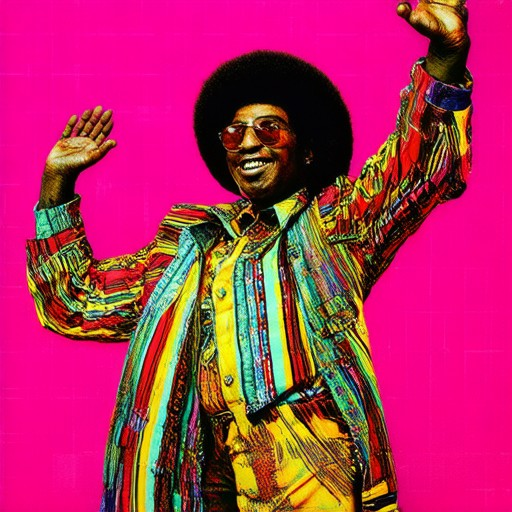
What Are the Roots of Funk Music?
Funk music traces its origins to the mid-1960s, emerging from the cultural melting pot of New Orleans, Louisiana. This vibrant city, known for its rich musical heritage, blended African, French, Spanish, and Native American influences, creating a unique soundscape that would eventually give rise to funk.
Early Influences
The roots of funk can be traced back to several key musical styles:- Jazz : With its improvisational nature and syncopated rhythms, jazz laid the foundation for many Black American musical traditions, including funk.- Blues : The blues, with its raw emotion and call-and-response patterns, also played a significant role in shaping funk’s sound.- New Orleans R&B : Post-World War II, New Orleans became a hub for rhythm and blues, which combined elements of jazz, gospel, and Creole folk music. Artists like Lloyd Price and Smokey Robinson began experimenting with faster tempos and more driving basslines, setting the stage for funk.
Key Artists and Their Impact
Several artists are widely regarded as pioneers of funk:- James Brown : Often referred to as the “Godfather of Funk,” Brown popularized the genre with his dynamic vocals, hard-hitting basslines, and high-energy performances. His hits like Say It Loud, I Say It Loud are considered seminal works.- George Clinton : As the frontman of Parliament and Funk Inc., Clinton helped define the sound of 1970s funk with his innovative arrangements and socially conscious lyrics.- Curtis Mayfield : Known for his work with The Impressions, Mayfield brought a message-oriented approach to funk, blending it with soul and social commentary.- Rick James : A prominent figure in the 70s funk scene, James’ work with The Temptations and later as a solo artist showcased his ability to blend smooth melodies with gritty basslines.
Evolution of Funk
By the late 1960s and early 1970s, funk had evolved into a more mainstream phenomenon. Artists like Prince and Michael Jackson incorporated elements of funk into their music, bringing it to a wider audience. Meanwhile, funk also influenced the development of disco, hip-hop, and contemporary R&B.
Cultural Impact
Funk music wasn’t just about the beats and rhythms—it carried a cultural significance. Many funk songs addressed social issues, promoting Black pride and empowerment. Artists like Curtis Mayfield used their platforms to advocate for civil rights and social justice, embedding the genre deeply in the struggle for equality.
Conclusion
The roots of funk music are deeply embedded in the cultural tapestry of America, reflecting the resilience and creativity of African American communities. From its origins in New Orleans to its global influence, funk has left an indelible mark on music and culture, continuing to inspire artists and audiences worldwide.

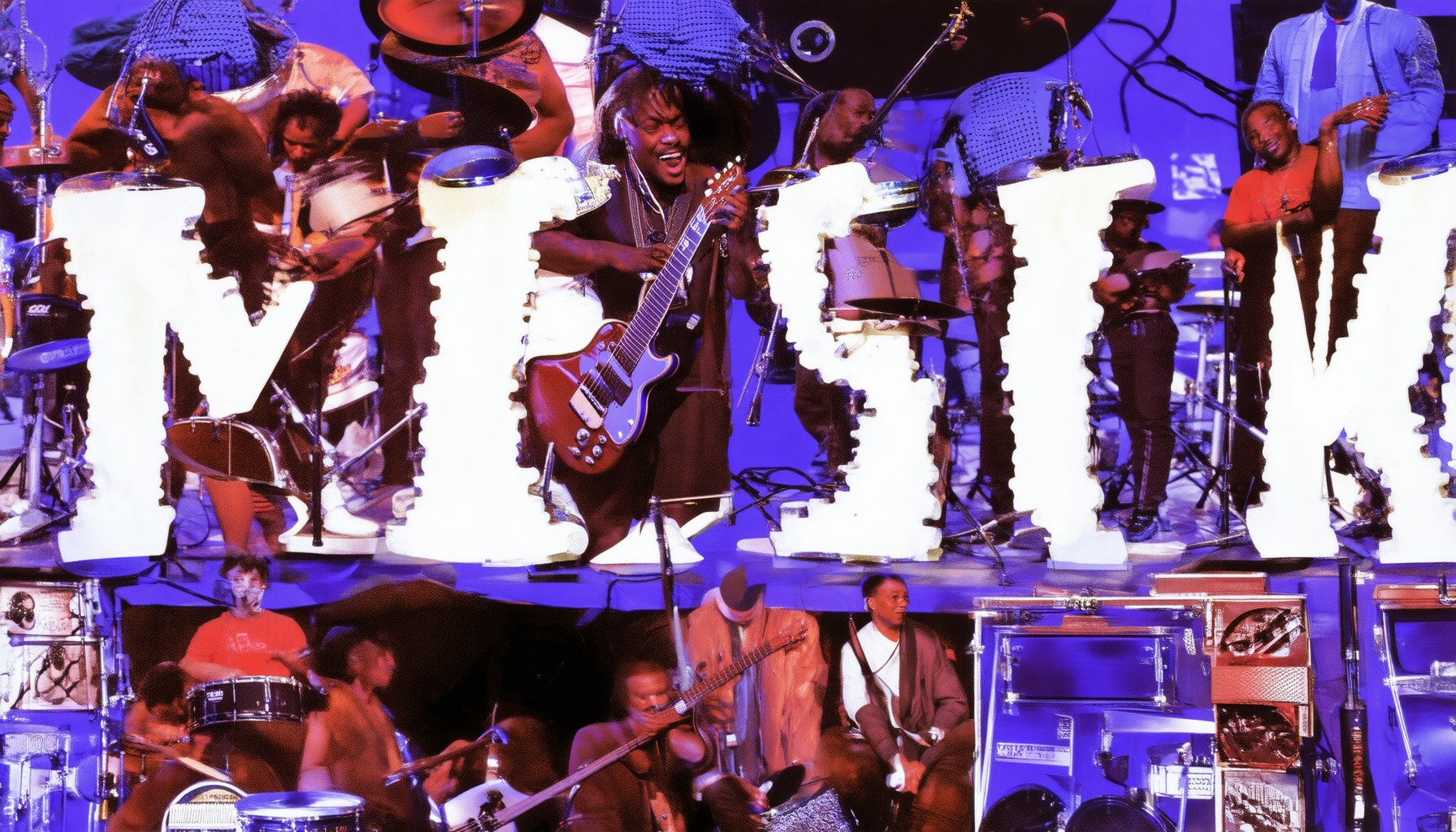
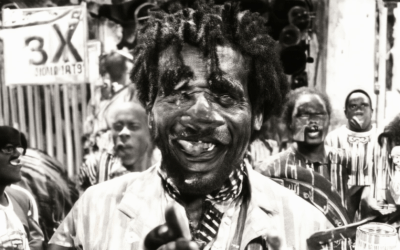


0 Comments